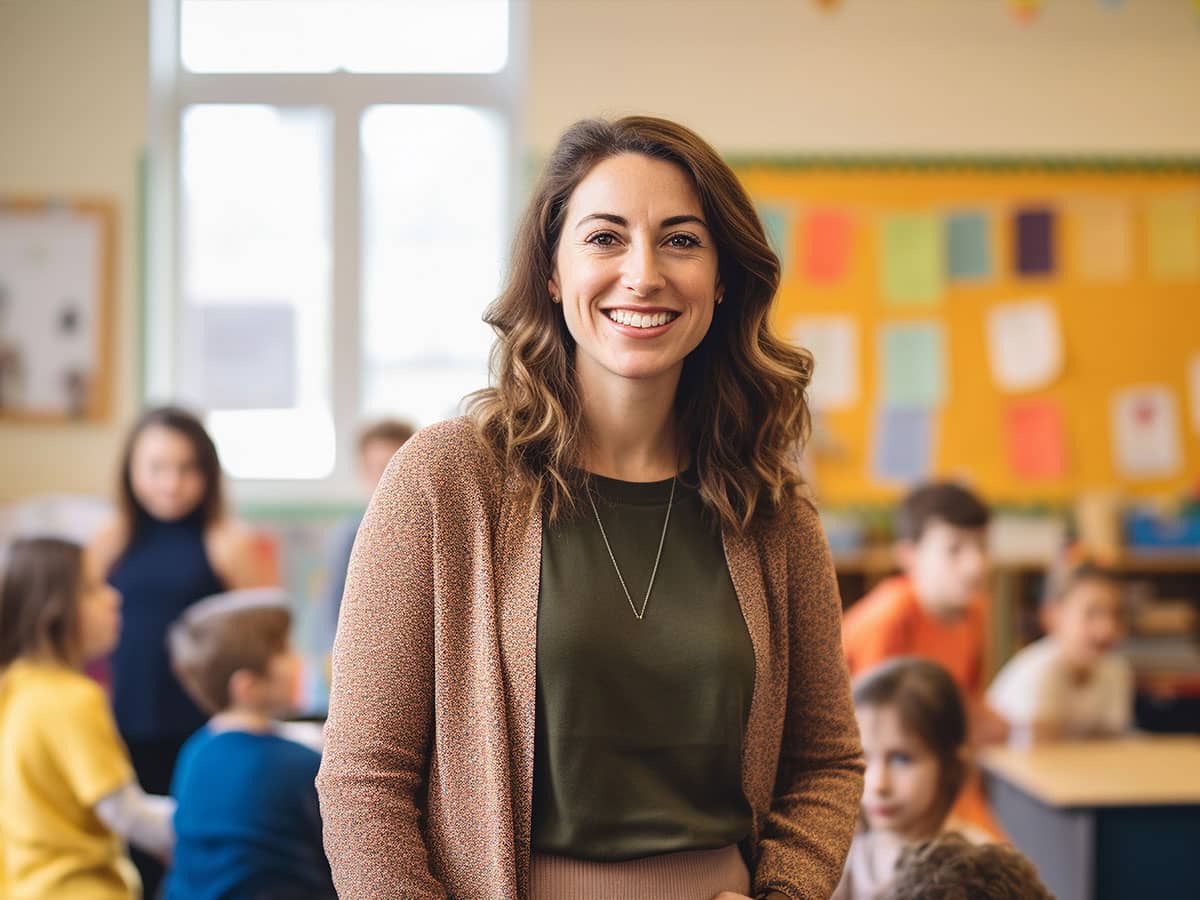In the world of interfaith marriages, her comment is familiar, and each time I hear it, I wonder: Festivities aside, do her children get any religion out of all this dual holiday hoopla?
As a 25-year veteran of a mixed marriage (I am Jewish, my husband, Tom, Episcopalian), I have been down this road and know how perilous it can be. But if Tom and I agreed on anything when we were newlyweds, it was that our children would be raised with one religion. Both of us believed (and still do) that part of a parent's duty is to provide a religious education -- an education that provides connection, identity and a guide for humane living. And we believed it was our job, because of our mixed heritages, to deal with the sticky issue of which religion to teach.
Not surprisingly, choosing which one was not easy. Though neither of us was particularly religious, we both suddenly became tremendously invested when the possibility of loss loomed ahead. We talked, I cried, Tom got defensive, I got frustrated.
But when the reality hit that I would be primarily in charge of our children's religious education and family holiday celebrations, Tom agreed we could raise them to be Jewish.
Still, he had one stipulation. "I can't support this if you just drop the kids off at religious school and never set foot in a synagogue yourself," he said.
As our children Max and Sarah moved through the school years, we enrolled them in Hebrew school, signed them up for Jewish summer camp, guided them through their bar and bat mitzvahs, and sent them to Israel on a study tour. I became more actively religious, and Tom, who never converted, has participated along with me. Without question, it has been a sacrifice for him, though he seems to accept it as part of the job description for being a loving husband and conscientious father.
At the age of 14, her best friend committed suicide. "It made my family realize we needed a way to be close to God at a time like this," she wrote. Her family started going to a synagogue, but she says it was hard at that age to feel the connection. And hard to give up the other half of her upbringing.
Experts on interfaith marriage say this teen's experience is not uncommon. "To bring up kids celebrating both sets of holidays without much else in the way of beliefs is sort of like Religion Lite," says Joel Crohn, Ph.D., author of "Fighting for Your Jewish Marriage". "It's nearly impossible to bring up a child with a deep connection to both Judaism and Christianity since the beliefs of both are mutually exclusive," notes Ellen Rabin, a family counselor with Jewish Family Services in Harrisburg, PA.
Beyond religion, however, lies a marital issue. When mixed couples take a "let them choose" approach, the unspoken message is, "We haven't resolved this."
"Parents who say they'll expose the children to two religions and let them decide are avoiding the real issue critical to a solid marriage--consensus," says Crohn. "Though children may not be able to articulate what's wrong, they will pick up on the tension." On the other hand, when parents have worked out religious issues within their own home, even external forces--like having grandparents of a different religion--are not a threat to family harmony or family faith.
After all, while I was being respectful of my in-laws, my "one religion" kids were skimming the cream off both worlds--Hanukkah gelt as well as Christmas presents. Was celebrating with their Christian grandparents diluting their Judaism? Finally, one year, as we sat around the holiday table and I heard my children telling Tom's mother the story of Hanukkah, my concerns dissolved. Max and Sarah clearly saw themselves as Jewish, and Christmas was not their holiday; it was simply family time, a chance to be with loving grandparents who did things differently in their home.
My children are now 18 and 22, and both identify with Judaism. Whether they will end up with Jewish partners remains to be seen. What matters to me more (something I never thought about 22 years ago) is whether my grandchildren will be Jewish. If my children marry out of their faith, will they value a united front and believe that it's their duty--not their option--to make tough choices about important issues? That, after all, is the real legacy of bringing up one-religion children in a two-religion marriage.

